A Reminder for Estate Planning: You Never Know What Life Will Bring Your Way
In the last few months, our IEM team has had the unfortunate responsibility of taking care of a client and their family’s estate planning practices due to a recent death of a family member. It’s an important reminder for me, and all my colleagues at IEM, that life is truly fragile and can throw anything your way in the matter of seconds. I’m proud of the work we have been able to do in this situation – not just on the financial side – but being a steadfast force for comfort, ease, and empathy for this family.
Although it can be an uncomfortable situation, discussing estate planning with your family doesn’t have to be emotionally consuming. The discussion can be a relief in many ways so that all members of the estate are on the same footing. I thought it would be helpful to provide a simple checklist for you and your family if you’re thinking about estate planning:
Check trust funding: Trusts are often used to preserve privacy, minimize estate taxes or administration expenses, or transfer assets to beneficiaries according to specific wishes. If you have executed a trust, consult with your attorney and financial advisor to determine which assets should be owned by your trust or should have the trust named as a beneficiary. Keep in mind that assets not owned by the trust will not be subject to its provisions.
Account for any life changes: Have you experienced personal or financial changes since you executed your estate documents—for instance, the arrival of a new family member or a significant increase in assets? If so, be sure to update your documents to reflect those changes and take advantage of asset protection measures, if necessary.
Update beneficiary designations: Outdated beneficiary designations can derail an estate plan. Review your designations to ensure that the correct people are named, rather than a deceased family member or ex-spouse. If your children were minors when you last reviewed your beneficiary designations, they may now be ready to receive the assets directly.
Review trustee and agent appointments: While reviewing your beneficiary designations, also reevaluate who you have appointed as executor of your estate, trustee of your trust, or as your agent under your powers of attorney for health care and finances. Are the people you named still ready to carry out your wishes? Will they be capable of administering your assets in an appropriate manner?
Review provisions of powers of attorney and health care directives: Ongoing changes to federal and state laws won’t necessarily invalidate a document that’s already been executed; however, such changes may limit your agent’s ability to carry out his or her duties. For example, changes to privacy laws may prevent your agent from accessing pertinent medical information. To accomplish your planning goals, it may be necessary to expand your agent’s authority.
Prepare for the distribution of personal effects: If your will includes directions for the distribution of your personal effects, consider informing your executor or administrator ahead of time and providing him or her with a copy of the list. Or you may wish to leave a separate list, if permitted under your state’s law. In short, the person handling your estate should be aware of your wishes so that your personal items don’t disappear on a first-come, first-served basis before the formal probate process begins.
Understand your documents: Ask your attorney and financial advisor as many questions as necessary to ensure that you have a clear understanding of each document in your estate plan. If it’s been some time since you executed your estate plan and you can’t remember something, ask again. Estate planning can be complex, but it’s essential that you understand the whole process.
It's never too late to focus on the importance of estate planning in your life if it applies to you! My colleagues, and our Founder & Chairman, Ted Smith, have built a caring, compassionate, and transparent estate planning process to fit your needs. Please reach out to us if you need assistance. At the end of the day, we're here to take care of you and your family to the best of our abilities.
~ Presented by Dan LaNasa

